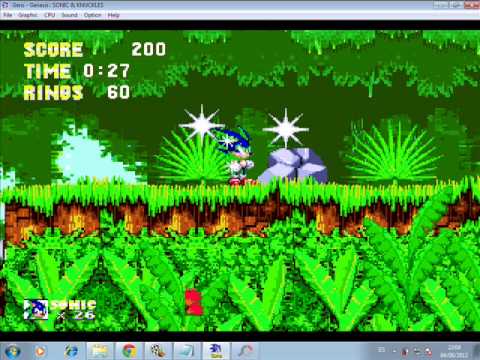

All of those processors doing all that computing work to produce tens of millions of wrong guess calculations just so the blockchain can process another ten or fifteen seconds of data, and only one person or business (or pool of people) gets rewarded each time.īecause the whole crypto economy is still in wild flux, a lot of companies are making very public, often cynically motivated moves into crypto to wrangle quick profit out of it, to establish themselves as impact-making players in the crypto space, or to just avoid being left behind. Or an industrial complex strategically located near a cheap coal-fueled power grid.

Or if you have a really nice GPU capable of mining. So if you have a computer that can process hash guesses faster than others in this constant worldwide lottery, you have a better chance at “winning” the next block’s reward. To find the “right” guess for the next hash, miners could be attempting tens of millions of incorrect guesses before a new block is made. If it can correctly guess what the new hash will be, the new block is created, and the first person to do it gets awarded with some cryptocurrency for doing so. Using an algorithm, your computer processor churns out guesses as quickly as it can. It does so by incentivizing miners to figure out what the next block’s hash will be. The blockchain needs to get its next block because it contains all the new transaction data that it needs to store (stuff like “Sonic transferred 0.01 Ethereum to Tails”). What is the blockchain, what is cryptocurrency, and what is an NFT? So let’s address this by first starting with the baseline. In this article, we will address what exactly the technology is, why it’s controversial, and why I personally am concerned. However, this investment indisputably moves SEGA into that economy, and that itself has caused concern for many fans, including myself with regards to what direction their business is moving.

The short answer is, no, SEGA’s NFTs won’t dramatically contribute to the massive global resource sink that is crypto mining. According to the official press release, SEGA expects to sell NFTs of art and music assets from classic SEGA IP, and plans to incorporate the technology into new IP – to which the reaction from Sonic fans on social media were mainly negative.ĭebates have since ensued over what does and doesn’t constitute an environmental impact, and whether or not NFTs themselves contribute to that environmental impact. Update: On May 4, Double Jump.Tokyo announced plans to move onto an Asset Mirroring System to diversify cryptocurrency payment sources and move towards environmentally sustainable options.Īlmost a week ago, TSS reported on SEGA buying a stake in Double Jump.Tokyo and announcing plans to mint and sell NFTs.


 0 kommentar(er)
0 kommentar(er)
